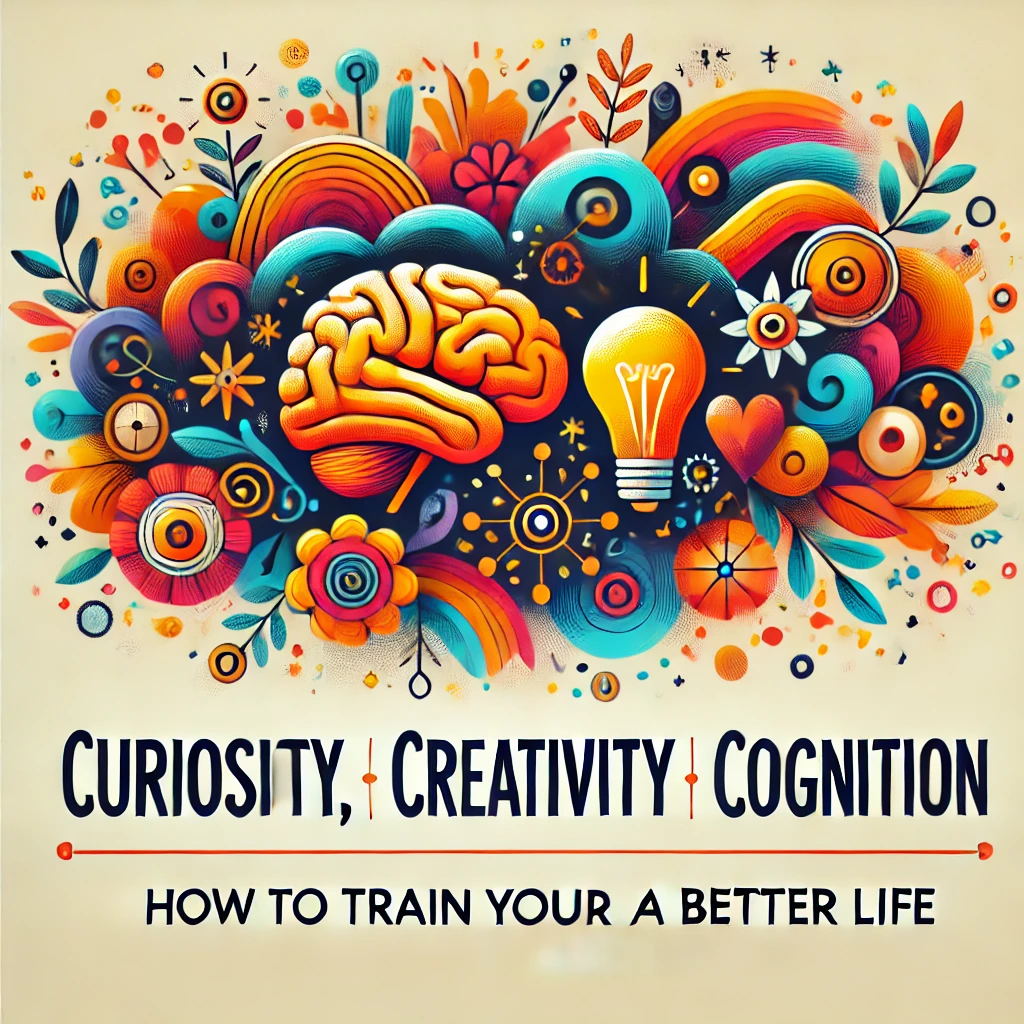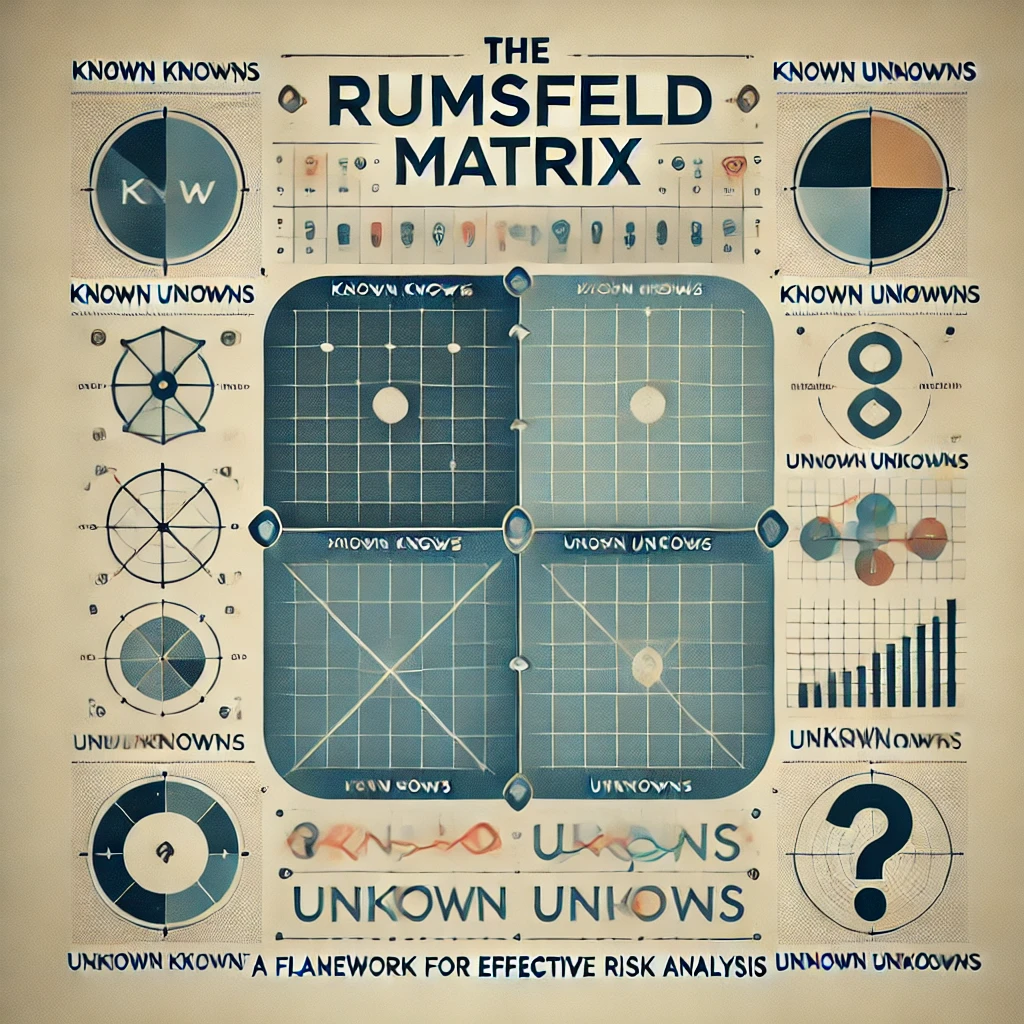Introduction
Imagine a life where your mind is constantly open, flexible, and full of curiosity. A life where creativity flows effortlessly, and you’re able to approach problems from fresh perspectives. These qualities aren’t just for artists or scientists; anyone can benefit from developing curiosity, creativity, and cognitive strength. By training your brain, you can improve creativity, boost curiosity, and enhance cognitive function naturally for a richer, more fulfilling life.
In this article, we’ll explore practical brain exercises for creativity, techniques to boost mental growth, and ways to develop cognitive skills that help you approach life with a sharp, resilient mind. Let’s dive into how training your brain can lead to a better life.
1. Curiosity: The Gateway to Mental Growth
Curiosity is a fundamental trait that fuels learning and personal growth. When we’re curious, we’re more open to new experiences and willing to ask questions that lead to deeper understanding. Cultivating curiosity is a powerful way to train your brain, as it encourages mental agility and keeps the mind engaged.
How curiosity improves the mind:
- Stimulates learning: Curious people are more likely to explore new subjects, which strengthens neural connections.
- Boosts problem-solving skills: Curiosity leads to asking more questions, which often results in creative solutions.
- Encourages adaptability: Curiosity keeps the mind open to change, making it easier to adapt to new situations.
Relatable anecdote:
A friend of mine started taking a “curiosity walk” each morning, where she would set out to observe something new on her usual route. This small habit not only made her walks more enjoyable but also helped her feel more open and excited to learn about the world around her.
Ways to boost curiosity:
- Ask more questions: Challenge yourself to ask “why” and “how” whenever possible.
- Seek new experiences: Try a new hobby, visit a different restaurant, or watch a documentary on an unfamiliar subject.
- Engage with diverse perspectives: Talking to people from different backgrounds or reading varied viewpoints can stimulate curiosity and broaden your understanding.
2. Creativity: Exercises to Enhance Your Imagination
Creativity isn’t just about making art; it’s the ability to approach situations with an open mind and invent unique solutions. Training your brain to be creative can improve problem-solving abilities, boost mental flexibility, and even enhance cognitive function naturally. The good news is that creativity can be cultivated with a few daily practices.
Benefits of improving creativity and cognition:
- Enhances cognitive flexibility: Creative thinking allows you to approach challenges from different angles.
- Strengthens neural pathways: Engaging in creative activities encourages brain plasticity, which keeps the mind agile.
- Boosts emotional resilience: Creativity often requires patience and resilience, skills that support overall mental health.
Relatable anecdote:
During a particularly stressful period, I decided to take up doodling as a creative outlet. I wasn’t naturally good at drawing, but the act of putting pen to paper each day helped me unwind and taught me to think differently, even when facing work challenges.
Brain exercises for creativity:
- Mind mapping: Choose a topic and create a mind map, branching out ideas in different directions to explore connections.
- The “10 Ideas” exercise: Challenge yourself to come up with 10 ideas on any topic daily. These can be as wild or simple as you like!
- Creative journaling: Spend a few minutes each day writing freely. Don’t worry about grammar or structure—just let your thoughts flow.
3. Cognition: Strengthening the Mind with Brain Training
Cognition refers to all the mental processes involved in learning, memory, problem-solving, and decision-making. Training your brain to strengthen cognitive function has wide-reaching benefits for both personal and professional life. Simple mental exercises for lifelong learning can make a significant difference in mental clarity and resilience.
Benefits of cognitive training for brain health:
- Improves memory and focus: Cognitive exercises help you retain information and focus more effectively on tasks.
- Enhances problem-solving skills: Training the mind to think critically and creatively allows you to tackle challenges with ease.
- Supports long-term brain health: Consistent cognitive stimulation has been shown to reduce age-related cognitive decline.
Relatable anecdote:
My grandfather used to solve crossword puzzles every day as part of his morning routine. Not only did it keep his mind sharp, but it also became a source of pride and joy for him. Even in his later years, he could recall details and solve problems with impressive clarity.
Effective brain training exercises for cognition:
- Puzzle games: Crosswords, Sudoku, and jigsaw puzzles all require focus and challenge cognitive flexibility.
- Memory games: Try memorizing a list of items or recalling a sequence of words; memory games are great for strengthening recall skills.
- Learn something new: Taking up a new language or musical instrument enhances cognitive abilities by forming new neural connections.
4. The Power of Curiosity, Creativity, and Cognition in Daily Life
These three qualities—curiosity, creativity, and cognition—are not isolated from each other. In fact, they work together to create a dynamic mind that’s open to growth, able to innovate, and capable of handling complex problems. By incorporating daily habits that boost curiosity, nurture creativity, and sharpen cognition, you can train your brain for a better life.
How they work together:
- Curiosity opens the mind to learning, which enhances cognitive abilities.
- Creativity offers new perspectives, improving problem-solving and adaptability.
- Cognition supports mental agility, helping you retain and apply new knowledge effectively.
Example:
Imagine being at work and facing a difficult project. Curiosity would push you to learn more about the topic, creativity would help you brainstorm unique solutions, and strong cognitive function would allow you to execute your ideas with clarity and focus.
5. Strategies to Boost Curiosity, Creativity, and Cognition
Now that we understand the importance of these mental traits, let’s dive into specific strategies to develop them. Whether you’re looking to break routine, approach tasks more creatively, or improve cognitive function naturally, these steps will help you train your brain effectively.
a) Engage in Curiosity-Driven Learning
Curiosity-driven learning involves exploring topics that genuinely interest you, not just for practical reasons but for the sake of enjoyment and personal growth. Studies show that we’re more likely to retain information when we’re genuinely curious.
How to start curiosity-driven learning:
- Follow your interests: Spend time reading or learning about things that fascinate you.
- Ask questions: Challenge yourself to dig deeper, even in topics you think you know well.
- Embrace failure as part of the process: Mistakes often lead to interesting discoveries, which further fuels curiosity.
b) Cultivate a Creative Environment
Your environment can have a significant impact on creativity. Surround yourself with inspiration, remove distractions, and design a space that encourages free thinking and exploration.
Ways to create a creativity-friendly environment:
- Dedicate a space for creative pursuits: This could be a corner for writing, painting, or any other creative activity.
- Use color and visual cues: Bright colors, inspirational quotes, or a vision board can stimulate creativity.
- Limit interruptions: Set boundaries during creative time to maintain focus and flow.
c) Incorporate Cognitive Challenges into Your Routine
Challenging your brain with cognitive exercises on a regular basis is one of the best ways to keep your mind sharp. You can make brain training part of your daily routine with just a few minutes of focused practice.
Ideas for cognitive challenges:
- Take on a daily puzzle: Solving a puzzle or riddle each day is a simple way to engage your mind.
- Practice mental math: Try calculating numbers in your head instead of using a calculator.
- Reframe routine tasks: Approach everyday tasks with a new method to engage your cognitive flexibility.
6. Mental Exercises for Lifelong Learning
Lifelong learning is a key component of a healthy mind. When we keep learning, we continue to build cognitive reserve, which protects against cognitive decline and keeps our minds engaged and resilient.
Examples of mental exercises for lifelong learning:
- Read regularly: Choose challenging books, articles, or genres outside your usual preferences to stretch your mind.
- Practice active recall: After reading or learning something new, test yourself on the information without looking at notes.
- Teach what you’ve learned: Teaching forces you to organize information in a way that makes sense, reinforcing your own understanding.
Relatable anecdote:
I once took up Spanish as a new language to keep my mind active. Not only did it challenge my memory, but it also gave me a fresh appreciation for learning, and I felt a boost in confidence with each new phrase I mastered.
7. Tips for a Balanced Brain Training Routine
While training your brain is beneficial, it’s essential to balance these exercises to avoid burnout. Here’s a suggested structure for a well-rounded brain training routine that includes curiosity, creativity, and cognition.
Sample daily routine for brain training:
- Morning: Start with a curiosity-driven activity like reading or learning something new.
- Midday: Engage in a creative activity such as doodling, brainstorming, or journaling to keep ideas flowing.
- Evening: End with a cognitive exercise like a puzzle or memory game to reinforce focus and problem-solving skills.
8. How Training Your Brain Enhances Quality of Life
Training your brain doesn’t just improve mental performance;
it also enhances your overall quality of life. By building curiosity, creativity, and cognitive strength, you’re better equipped to handle challenges, develop meaningful connections, and pursue a fulfilling life.
Benefits of a well-trained brain:
- Improved relationships: A curious and open mind is more empathetic and engaged in conversations.
- Career advancement: Creativity and cognitive skills are valuable in problem-solving and adapting to workplace challenges.
- Enhanced well-being: Mental resilience and clarity contribute to reduced stress and greater satisfaction.
Example:
Imagine approaching your personal and professional life with a mindset that is both curious and creative. With these mental strengths, even the most routine tasks become opportunities for growth and enjoyment, ultimately leading to a happier and more fulfilling life.
Conclusion
Training your brain to be curious, creative, and cognitively strong doesn’t happen overnight, but small, consistent efforts can make a tremendous impact. By incorporating exercises that boost curiosity, nurture creativity, and strengthen cognition, you’re setting yourself up for a life that is mentally vibrant and full of potential.
Start with a few simple practices, like exploring a new topic or adding a creativity exercise to your day. With time, you’ll notice that your mind becomes more flexible, adaptable, and ready to embrace challenges. By nurturing these mental skills, you’re not just enhancing brain function—you’re creating a life filled with purpose, resilience, and endless possibilities.
FAQ Section
1. How does curiosity improve brain function?
Curiosity stimulates learning and encourages mental growth by prompting the brain to explore new ideas and perspectives.
2. What are simple exercises to enhance creativity?
Mind mapping, journaling, and the “10 ideas” exercise are simple yet effective ways to nurture creativity.
3. How can I strengthen cognition naturally?
Incorporating cognitive challenges like puzzles, memory exercises, and learning new skills can naturally improve brain function.
4. How does lifelong learning benefit the brain?
Lifelong learning builds cognitive reserve, which protects against cognitive decline and keeps the mind engaged.
5. What is the best way to boost curiosity daily?
Ask questions, explore new experiences, and engage with diverse perspectives to fuel daily curiosity.
6. Can creativity be improved with training?
Yes, creativity can be cultivated through regular practice, exposure to new ideas, and exercises that encourage flexible thinking.
7. What are cognitive exercises to improve memory?
Memory games, active recall, and teaching what you learn are excellent ways to strengthen memory.
8. How do curiosity, creativity, and cognition work together?
Curiosity encourages exploration, creativity offers new solutions, and cognition helps process and apply new knowledge effectively.
9. How does brain training improve overall quality of life?
Brain training enhances mental flexibility, resilience, and problem-solving, leading to a more fulfilling and adaptable approach to life.



